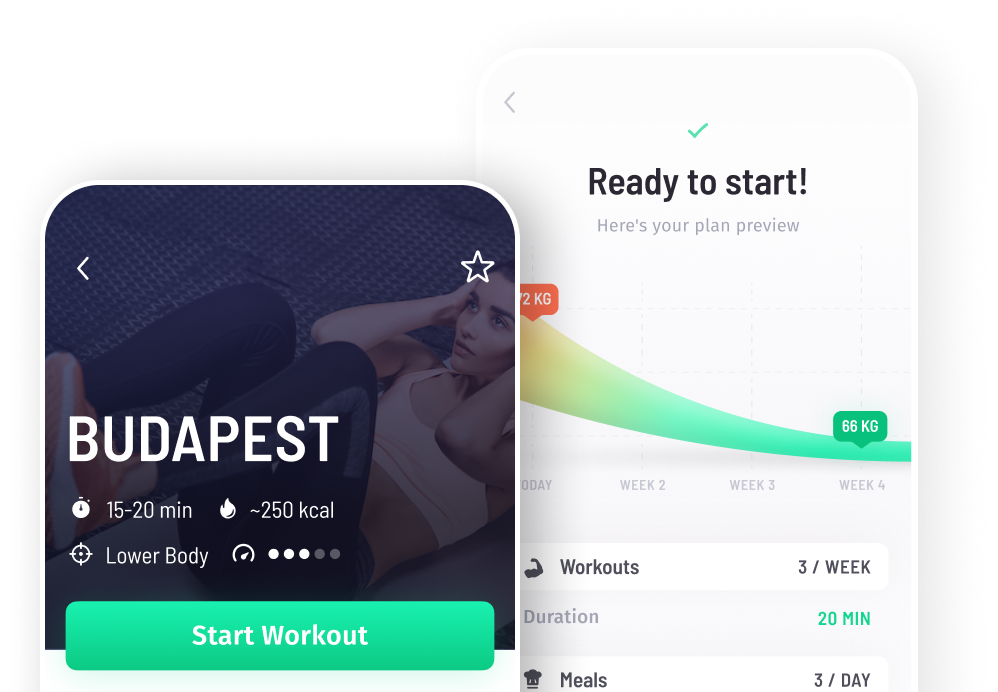Stress is one of the biggest threats to our health. Stress causes inflammation in the body, resulting in many different types of illness and disease. With our busy modern lives, we take on so much more responsibility than ever before. The increase in pressure to constantly achieve, fit in, and ‘live our best life’ on social media can result in a low-level of stress hormones continuously circulating the body. This can result in sleep issues, fatigue, dependence on food or alcohol, depression, anxiety, mood disorders, and chronic inflammation. Managing stress has never been more vital. Here are our top four tips to help you learn how to feel less stressed.
1: Get a Massage
An excellent way to feel less stressed is massage. As our to-do list grows, we often prioritize other people and let our own self-care slip to the bottom. Neglecting ourselves in this way will lead to overwhelm and burn-out. So, it is imperative to schedule regular activities that nurture body, mind, and soul, and allow us to ‘wind down’ and decompress from our hectic and pressurized lives.
Massage is a fabulous way to do this – it releases stored tension in the muscles, improves mood, and increases the release of toxins. Massage is such a nurturing way to practice self-care and has so many physical and psychological benefits that it is used as preventative health care in many Eastern cultures.
2: Use Essential Oils
While massage is an excellent monthly addition to your stress release toolkit, essential oils can be used daily to help manage mood and stress. Essential oils have been used for thousands of years as effective remedies for physical, mental, and emotional issues. They are the most potent form of plant medicine and can have a significant effect on your mood.
Try rubbing a drop of your favorite essential oil between your hands and taking ten slow deep breaths of the aroma. Not only will the oil itself have a positive effect, but the act of pausing and mindfully breathing will work wonders for releasing stress.
Relaxing and stress-relieving oils to try include:
- Lavender
- Orange
- Lemon
- Neroli
- Frankincense
- Geranium
- Sandalwood
3: Take a Walk
Walking in nature gives us the space to reflect and be at peace. People often use walks to clear their heads, contemplate an issue, and find answers. Walking helps us to relax by combining a gentle form of exercise with solitude and disconnection from our constant pressures.
Walking mindfully without the purpose of getting somewhere is a meditative practice. Called ‘Walking Meditation,’ it consists of being 100% present in your experience of walking. Feel your feet as they kiss the earth, take in the sights and aromas of your environment, and be present with your emotions. You will find this practice brings much-needed peace and spaciousness to your experience of life.
4: Reassess Your To-Do Lists
Possibly the most fundamental point in learning how to feel less stressed is reassessing your to-do list. There is a certain satisfaction in ticking things off a list, but when that list grows faster than you can reduce it, there is an imbalance present that you should address.
It is normal for our immediate reaction to be one of resistance to the idea that we don’t need so many things on our list. It is ingrained into our culture that if we are not busy, we are not achieving, and we won’t be successful.
If you look closely, you may be able to find some items that can either be set aside for now or removed entirely. There are many psychological benefits of having a shorter list. You will feel less pressured and overwhelmed, and you will have a stronger sense of being able to achieve, not a weaker one.
Lastly, can you rearrange the items on your list in order of priority? A technique used by many productivity coaches and successful entrepreneurs is to have a master list of all the things that need to be done in a roughly prioritized order and then a separate daily list. The rule is that this daily list is only allowed to contain three tasks. Your ‘Most Important Tasks’ for that day. By doing this, you will not feel overwhelmed because three things in a day are usually achievable. You also get the satisfaction of ticking ALL items off your list – a wonderful feeling!
Remember, your self-care should feature high on your list – do not let that keep being moved to the bottom. Guard your self-care time with strict boundaries because it is essential for your health and wellbeing, and your sense of self-worth.
Image by Free-Photos from Pixabay
Did you enjoy this article? Share it!

